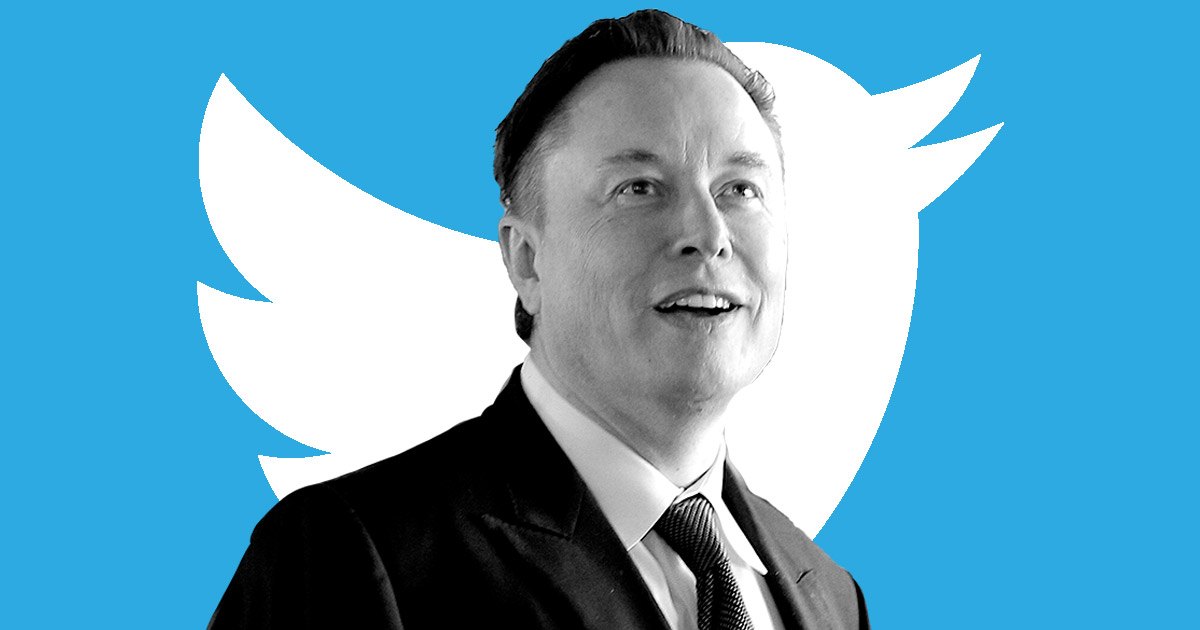 Elon Musk reached an agreement to buy Twitter for roughly $44 billion on Monday, promising a more lenient touch to policing content on the social media platform where he — the world’s richest person — promotes his interests, attacks critics and opines on a wide range of issues to more than 83 million followers.
Elon Musk reached an agreement to buy Twitter for roughly $44 billion on Monday, promising a more lenient touch to policing content on the social media platform where he — the world’s richest person — promotes his interests, attacks critics and opines on a wide range of issues to more than 83 million followers.
The outspoken Tesla CEO has said he wanted to own and privatize Twitter because he thinks it’s not living up to its potential as a platform for free speech.
Musk said in a joint statement with Twitter that he wants to make the service “better than ever” with new features while getting rid of automated “spam” accounts and making its algorithms open to the public to increase trust.
“Free speech is the bedrock of a functioning democracy, and Twitter is the digital town square where matters vital to the future of humanity are debated,” the 50-year-old Musk said, adding hearts, stars and rocket emojis in a tweet that highlighted the statement.
The deal, which has been unanimously approved by Twitter’s board, is expected to close this year, subject to a vote of Twitter shareholders and certain regulatory approvals.
The blockbuster agreement caps what had seemed an improbable attempt by the famously mercurial Mr. Musk, 50, to buy the social media company — and immediately raises questions about what he will do with the platform and how his actions will affect online speech globally.
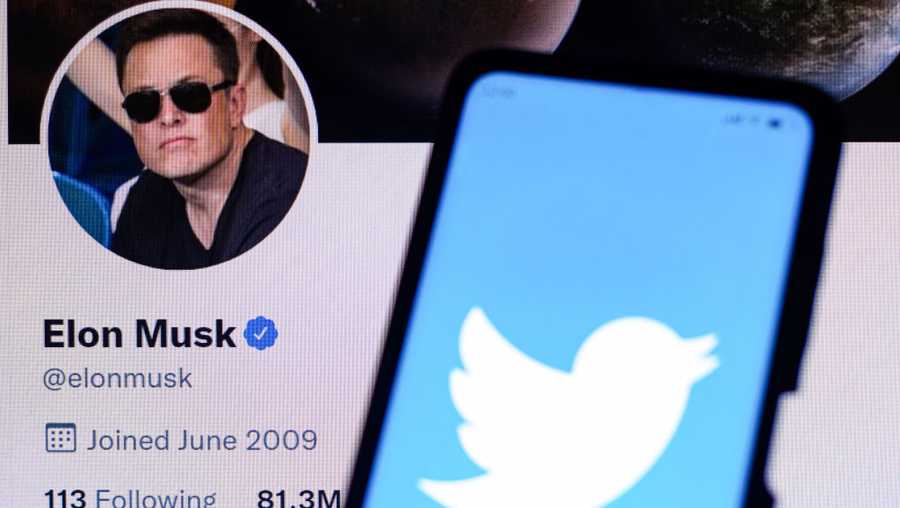 The billionaire, who has more than 83 million followers on Twitter and has romped across the service hurling gibes and memes, has repeatedly said he wants to “transform” the platform by promoting more free speech and giving users more control over what they see on it. By taking the company private, Mr. Musk could work on the service out of sight of the prying eyes of investors, regulators and others.
The billionaire, who has more than 83 million followers on Twitter and has romped across the service hurling gibes and memes, has repeatedly said he wants to “transform” the platform by promoting more free speech and giving users more control over what they see on it. By taking the company private, Mr. Musk could work on the service out of sight of the prying eyes of investors, regulators and others.
Yet scrutiny will likely be intense. Twitter is not the biggest social platform — it has more than 217 million daily users, compared with billions for Facebook and Instagram — but it has had an outsized role in shaping narratives around the world. Political leaders have used it as a megaphone, while companies, celebrities, and others have employed it for image-making and brand building.
In recent years, Twitter has also become a lightning rod for controversy, as some users spread misinformation and other toxic content on the service. Former President Donald J. Trump frequently turned to Twitter to insult and inflame, before getting barred from the platform after the Jan. 6 riot at the Capitol last year. The company has repeatedly been forced to create policies on the fly to deal with unexpected situations.
In a statement, Bret Taylor, Twitter’s chairman, said the board had “conducted a thoughtful and comprehensive process to assess Elon’s proposal with a deliberate focus on value, certainty, and financing. The proposed transaction will deliver a substantial cash premium, and we believe it is the best path forward for Twitter’s stockholders.”
Mr. Musk himself has had a rocky relationship with online speech. This year, he tried to quash a Twitter account that tracked the movements of his private jet, citing personal and safety reasons. On Monday, he tweeted that he hoped his worst critics would remain on Twitter because “that is what free speech means.”
Without any conditions for Musk to purchase Twitter, the platform’s community standards and recourse to ban users who violate those standards, Twitter could set a dangerous precedent for other social media companies to follow.

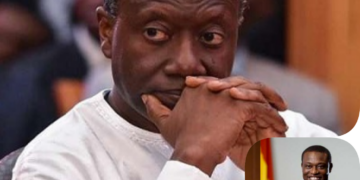




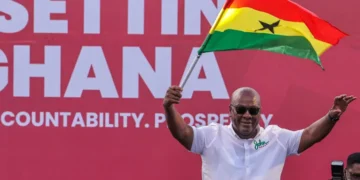

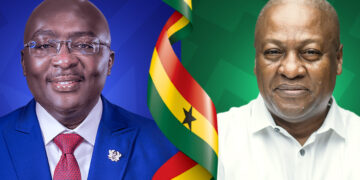
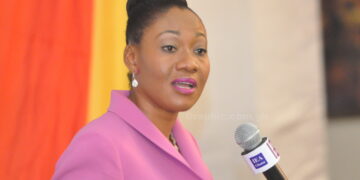
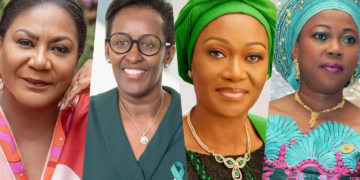




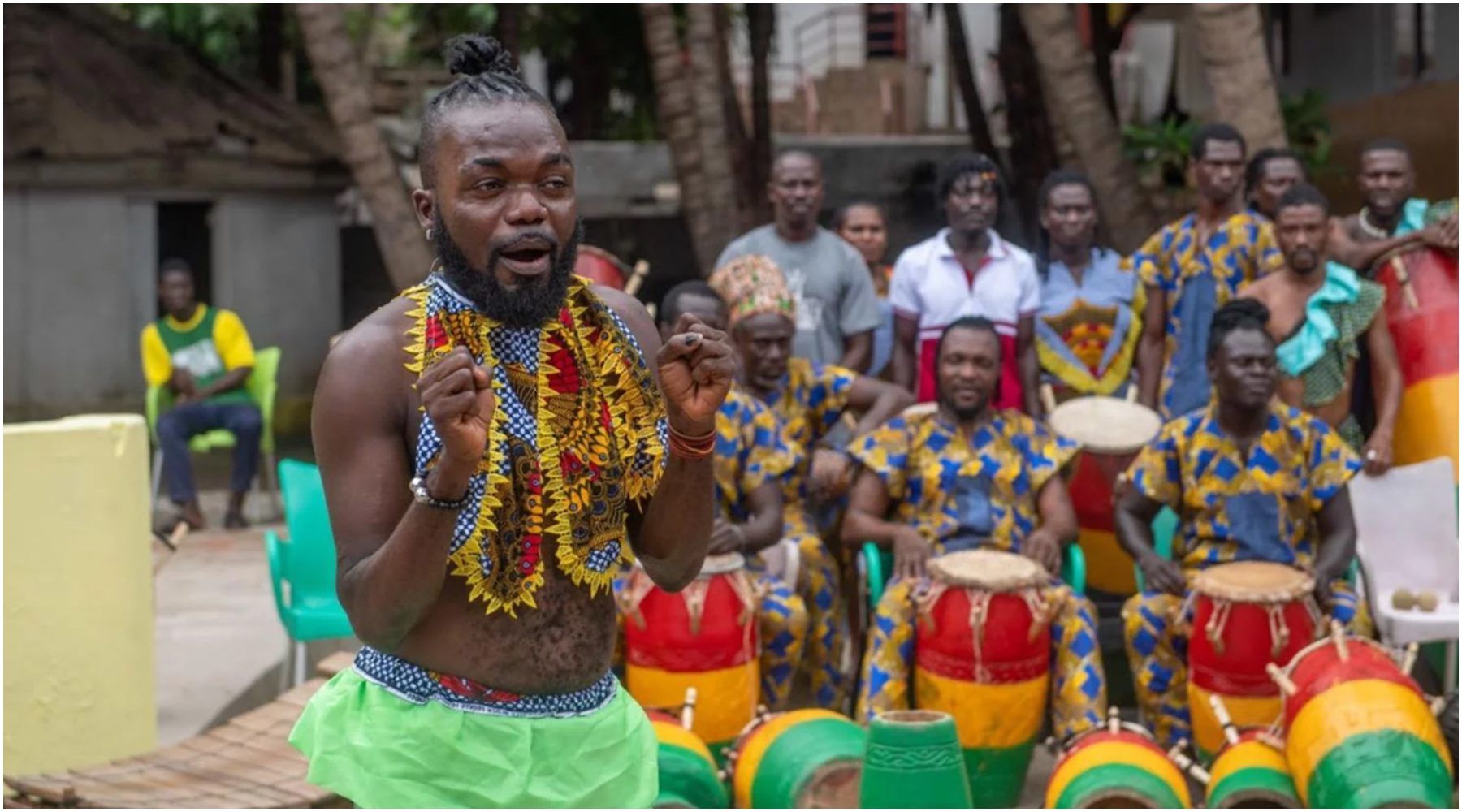





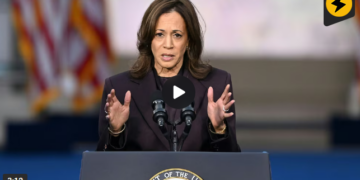
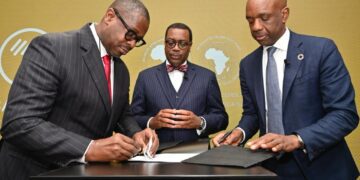









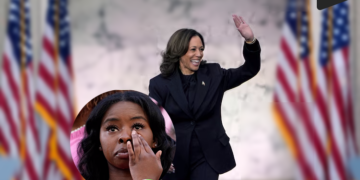

























Discussion about this post